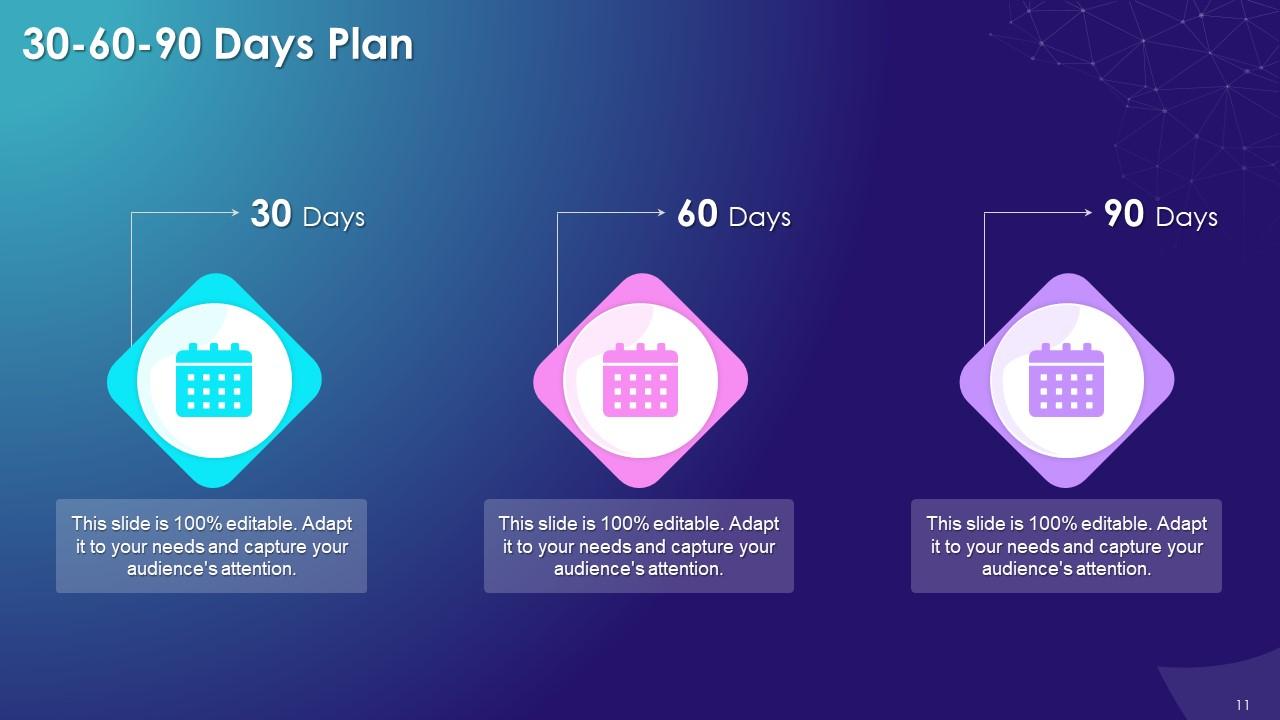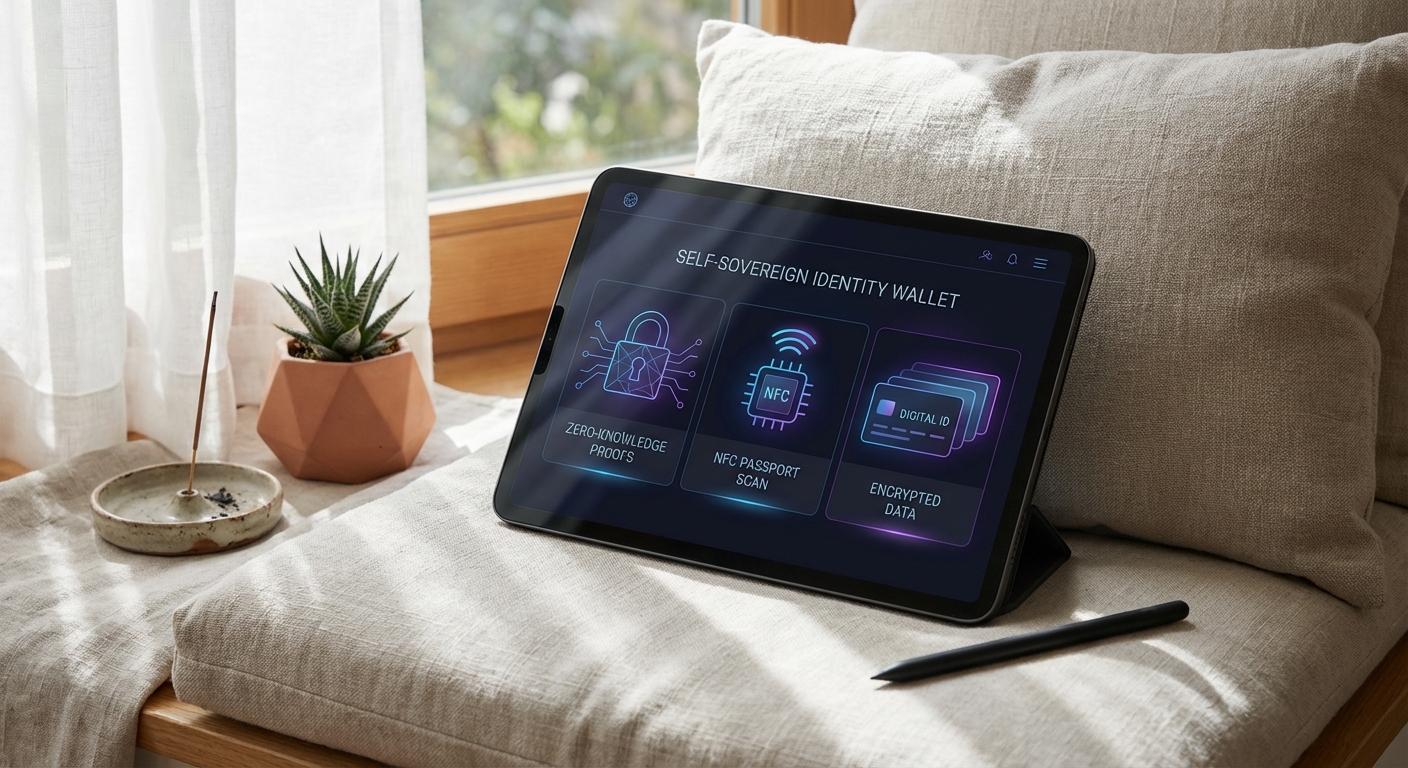
As the digital landscape evolves toward decentralization, the need for trust and accountability in online interactions has never been more critical. Traditional reputation models, managed by centralized authorities, are increasingly ill-suited to the demands of Web3 ecosystems. These legacy systems are vulnerable to manipulation, lack transparency, and often fail to provide users with true ownership of their digital reputations. In response, decentralized reputation systems (DRS) are emerging as foundational components for building trust without central gatekeepers.

Why Decentralized Reputation Systems Matter
Reputation is a cornerstone of meaningful online participation, whether in marketplaces, social networks, DAOs, or lending protocols. In a decentralized environment characterized by pseudonymity and permissionless access, establishing verifiable trust is paramount. Decentralized reputation systems leverage blockchain technology and cryptographic proofs to create tamper-proof records of user actions. This ensures that reputations are portable across platforms and resistant to censorship or retroactive alteration.
For example, protocols like OpenRank introduce transparent rating and ranking mechanisms for onchain marketplaces and application stores. By removing reliance on centralized authorities, OpenRank enables personalized recommendations while maintaining data integrity. Similarly, Rego DRS empowers users with portable reputations that can be leveraged across diverse Web3 applications.
The Architecture of Verifiable Reputation Protocols
A robust decentralized reputation system must address several critical challenges:
- Sybil resistance: Preventing malicious actors from creating multiple fake identities to manipulate ratings.
- Transparency: Ensuring all calculations and data contributing to reputation scores are auditable by anyone.
- User privacy: Balancing transparency with privacy through techniques such as zero-knowledge proofs.
- Interoperability: Allowing reputations to travel seamlessly between different platforms and protocols.
The integration of decentralized identity wallets, such as those using W3C self-sovereign identity standards, enables individuals to store verifiable credentials that underpin their onchain reputation wallets. Projects like WIW and Altme exemplify this approach by supporting both identity management and preservation of user reputation in Web3 environments (source: Alchemy).
Leading Decentralized Reputation Protocols
-

OpenRank — A robust decentralized reputation protocol designed for marketplaces, app stores, and on-chain markets. OpenRank ensures transparent rating and ranking, minimizes reliance on centralized gatekeepers, and empowers users with personalized discovery and recommendations. Learn more.
-

Rego DRS — Rego DRS delivers a Web3-native decentralized reputation system that makes user reputations portable and secure across platforms. It prioritizes data visibility, transparency, and fraud prevention to maintain trust and integrity. Learn more.
-

Coreto DRS — Coreto’s Decentralized Reputation System aggregates data from multiple sources to provide reliable, secure, and transparent reputation scores. Its decentralized approach ensures that both data and algorithms are visible to users, fostering trust through openness. Learn more.
Pioneering Protocols: Real-World Implementations
The current landscape features several innovative protocols shaping the future of web3 trust systems:
- Coreto DRS: Aggregates cross-platform data points into transparent scores that users can audit themselves.
- Web3Recommend: Combines graph-based recommendations with decentralized reputation schemes to mitigate Sybil attacks while preserving relevance in social dApps.
- Augur: Utilizes a native Reputation token (REP), incentivizing honest reporting in prediction markets through economic alignment.
- Secure Scuttlebutt (SSB): Employs append-only feeds with digital signatures for resilient peer-to-peer communication where content authenticity is guaranteed.
This diversity underscores a key advantage: DRS architectures can be tailored for specific use cases, from marketplace curation to DAO governance, without sacrificing core principles of transparency or user empowerment.
The Role of Self-Sovereign Identity in DAO Reputation Identity
The intersection between self-sovereign identity (SSI) frameworks and decentralized reputation is pivotal for DAOs seeking robust governance models. SSI enables members to present verifiable credentials, such as proof-of-contribution or voting history, without disclosing unnecessary personal data. This approach not only strengthens Sybil resistance but also provides a privacy-preserving foundation for DAO reputation identity systems (Self-Sovereign Identity – Wikipedia). As highlighted by KILT Protocol’s model (source: Polkadot), organizations can issue credentials stored directly within users’ own wallets, enhancing autonomy over both identity and associated reputational assets.
Decentralized reputation systems are not simply technical upgrades to legacy models; they fundamentally reimagine how trust is established and maintained in digital communities. By shifting the locus of control from opaque intermediaries to transparent, rules-based protocols, these systems offer a more resilient foundation for Web3 engagement. The integration of verifiable credentials, cryptographic attestations, and onchain history means users can prove their reliability or expertise without ceding control to centralized platforms.
One notable advancement is the use of tokenized incentives in reputation protocols. Augur’s REP token model, for example, aligns economic rewards with honest reporting, if a participant attempts to manipulate outcomes, they risk devaluing their own stake (source). This dynamic not only deters malicious behavior but also creates a feedback loop that strengthens the system over time. Similarly, protocols like Nomis and Orange are leveraging onchain reputation wallets to unlock personalized rates and privileges within DeFi ecosystems (source: Nomis Protocol). Such mechanisms demonstrate how verifiable reputation can serve as collateral or social capital across decentralized applications.
Security and privacy remain at the forefront of DRS design. The adoption of zero-knowledge proofs allows users to validate their credentials or actions without revealing sensitive details. This balance between transparency and confidentiality is especially relevant for DAOs and privacy-focused communities where pseudonymity is valued but accountability cannot be compromised. Projects such as Holochain further advance this paradigm by enabling agent-centric architectures, each participant maintains their own data chain, eliminating single points of failure while supporting scalable peer-to-peer interactions (Holochain – Wikipedia).
Emerging Challenges and Risk Considerations
Despite these innovations, decentralized reputation systems face ongoing challenges. Sybil resistance remains an arms race: as identity verification grows more sophisticated, so do attack vectors seeking to undermine it. Protocols must continuously adapt by incorporating multi-factor attestations or integrating with robust SSI frameworks. Additionally, there is the risk of reputational lock-in, users who are unfairly penalized may find it difficult to rehabilitate their standing across interconnected platforms.
Governance risks also demand careful attention. If reputation scores become too influential within DAOs or lending markets, they may inadvertently centralize power among early adopters or high-profile participants. Transparent algorithmic governance and open auditability are essential safeguards against such concentration.
Key Risks in Decentralized Reputation Systems
-

Sybil Attacks: Malicious actors can create multiple fake identities to manipulate reputation scores, undermining trust in platforms like OpenRank and Coreto DRS. Robust identity verification and graph-based analysis are essential countermeasures.
-

Privacy Trade-offs: Systems such as Self-Sovereign Identity (SSI) and Rego DRS must balance transparency with user privacy. Publicly accessible reputation data can expose sensitive information or enable profiling if not properly protected.
The Road Ahead: Opportunities for Builders and Users
The momentum behind decentralized reputation systems signals a shift toward more equitable digital ecosystems where trust is earned rather than imposed. For founders building new dApps or DAOs, integrating portable onchain reputations can foster user loyalty while reducing onboarding friction, participants bring their verified credentials with them rather than starting from scratch each time.
For end-users, these advances mean greater autonomy over personal data and reputational assets, a significant departure from Web2 models where platforms profited from user-generated trust signals without reciprocal benefit. As standards mature and interoperability improves through protocols like DSNP (DSNP – Wikipedia), expect seamless movement of identities and reputations across the decentralized web.
The future of digital trust hinges on our ability to build resilient systems that reward genuine contribution while minimizing risks associated with manipulation or exclusion. Decentralized reputation protocols represent a critical step toward this vision, empowering individuals and communities alike to participate confidently in an open internet era defined by transparency, fairness, and self-sovereignty.








